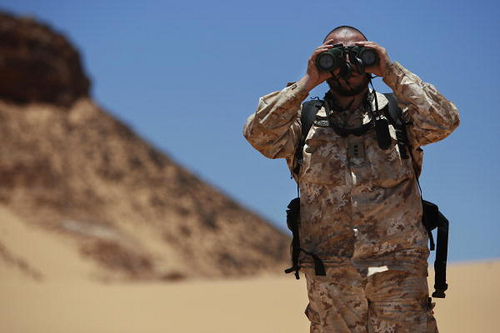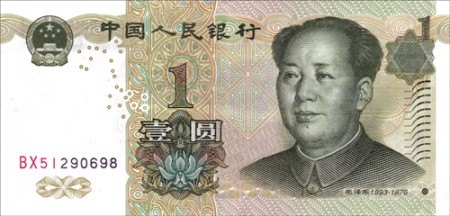
After Tuesday’s incident, in which North Korea reportedly shot 170 rounds of artillery on the South Korean island of Yeonpyeong killing two civilians and two marines, tensions have been at an all-time high in East Asia. Increasingly unpredictable and volatile in its behavior, the Kim regime seems to have embraced a whole new level of brinkmanship in this long-running conflict. Explanations in terms of reasons for such a brazen attack vary, from the internal power dynamics of the elder Kim shifting power to his newly appointed heir-apparent, to simple blackmail. Although we may never know what caused North Korea to risk so much (also in relation to its increasingly impatient ‘big brother’, China) the worry that the Koreas and their closest allies might be drawn into a war because of a provocation or freak accident is as worrying as ever.
I don’t believe that this conflict will escalate further. North Korea has pushed proverbial buttons before and will undoubtedly continue to do so, whether to consolidate the heir-apparent’s power base in the military or in order to push members of the six party forum to grant it further concessions in a yet unforeseeable round of talks. It is, however, unlikely to be willing to sign its own death certificate in the form of a highly destructive war and one which could involve the threat or actual use of nuclear weapons (shudder). We may not want to place much trust on the rational capabilities of Kim and his entourage, but China, for one, will do all it can to prevent this.




